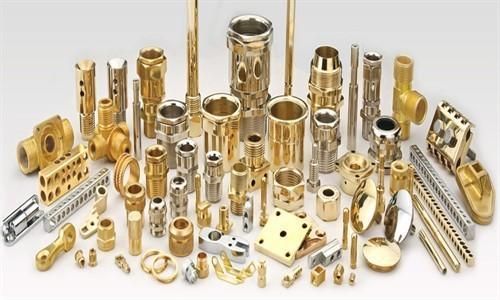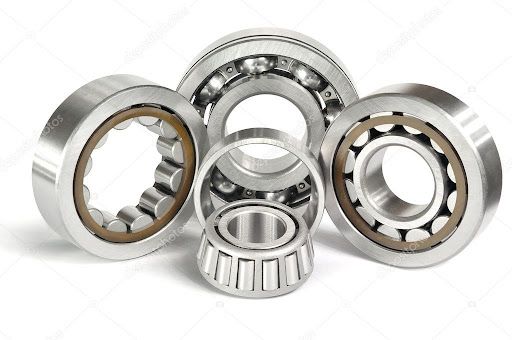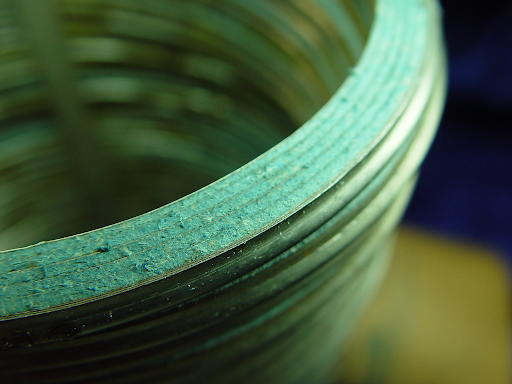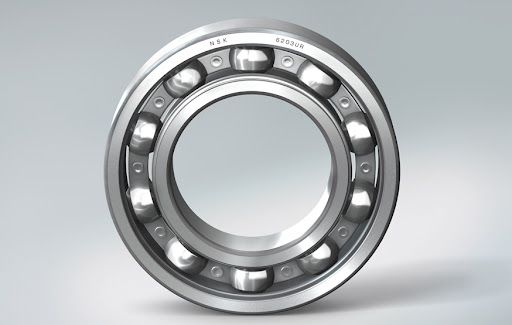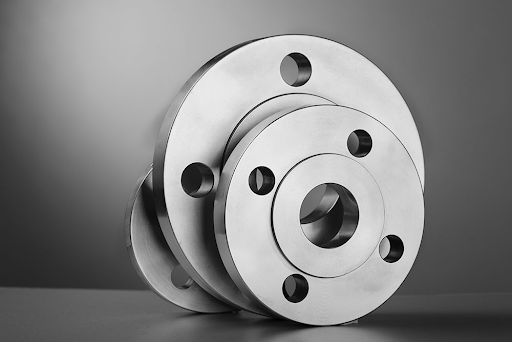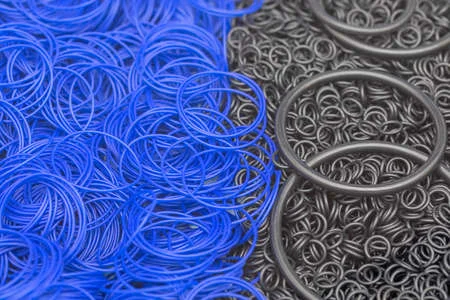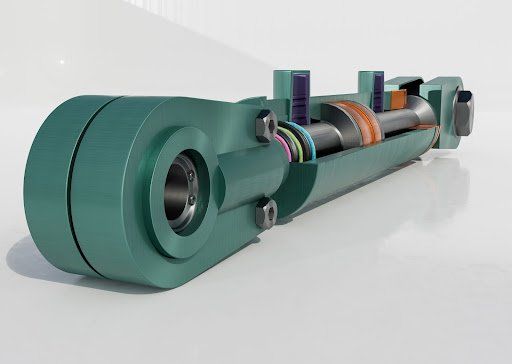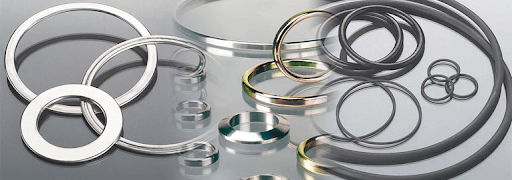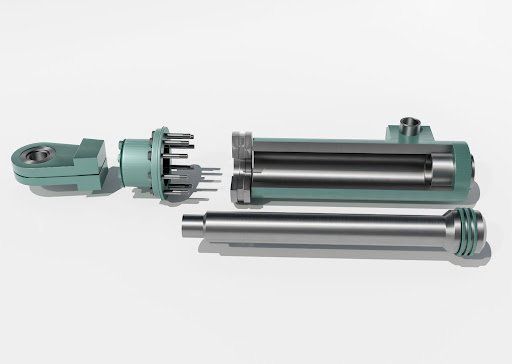Tips To Prevent Pressure Gauge Failure
Pressure gauges are instruments used to analyse an applied force by a liquid or gas on a surface. This applied force, or pressure, is typically measured in units of force per unit of surface area. A pressure gauge indicates whether or not a system is operating correctly, so it’s a vital component. They don’t require much maintenance, but if not periodically calibrated, pressure gauges will wear out or fail, causing downtime or dangerous malfunctions.
The first and best line of defence against pressure gauge failure is with consistent instrument reviews and audits. The results of these audits will give you fair warning as to which instruments need replacing, as well as prevent mishandling or improper usage. There are also many ways to prevent a fault from occurring in the first place. Here, we outline the various causes that lead to pressure gauge failure and how to avoid them:
Vibration
Equipment is known to vibrate, but excessive mechanical vibration can damage the pointer mechanism of the gauge, making it difficult to get accurate readings. Avoid this situation by selecting the correct gauge for the application. Liquid-filled or direct-drive gauges have only a single moving part, making them ideal for resisting vibration.
Pulsation & Overpressure
Overpressure spikes occur when pulsation occurs within a pressure system. This intermittent spiking can cause the internal parts of the gauge to break down, so it’s important to average out the pressure fluctuations with a pressure snubber. Installing a restrictor or snubber will help to avoid pulsation by absorbing any pressure shocks. Overpressure protectors are also used to avoid spikes and the negative effects of exceeding the gauge’s maximum pressure rating.
Extreme Temperatures
Extreme temperatures or temperature spikes can result in loose, sweaty, even cracked metal joints. Cooling elements such as air-flow or adjusting the fill-fluid temperature can protect the gauges from extreme temperatures. It’s also important that the gauge you choose is designed for any extreme conditions in which it may be functioning.
Corrosive Material
If the equipment uses corrosive materials, then it’s vital that the gauge being used is made from corrosive resistant parts. Mini-siphons can be used to protect the gauge from harmful steam or liquids. Installing a diaphragm seal made from corrosive resistant material will protect the gauge from corrosion, as well as prevent clogging from slurry or viscous fluids.
If you suspect that your gauge is faulty, then it’s important that you determine the reason as soon as possible to take the correct preventative steps. For any assistance or calibration services, contact our reliable team at Bearing Centre. We are always available for your quality assurance and service delivery .

